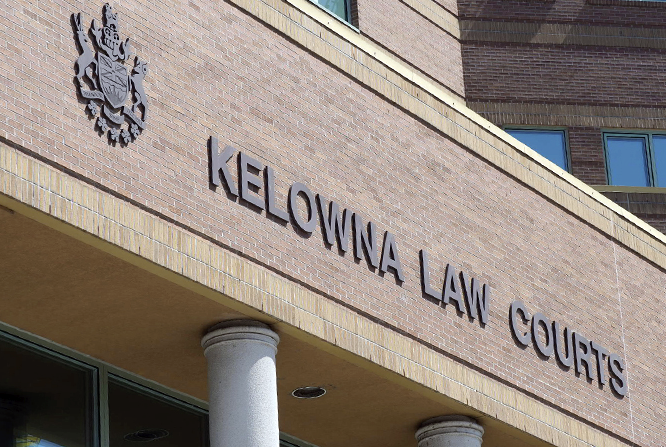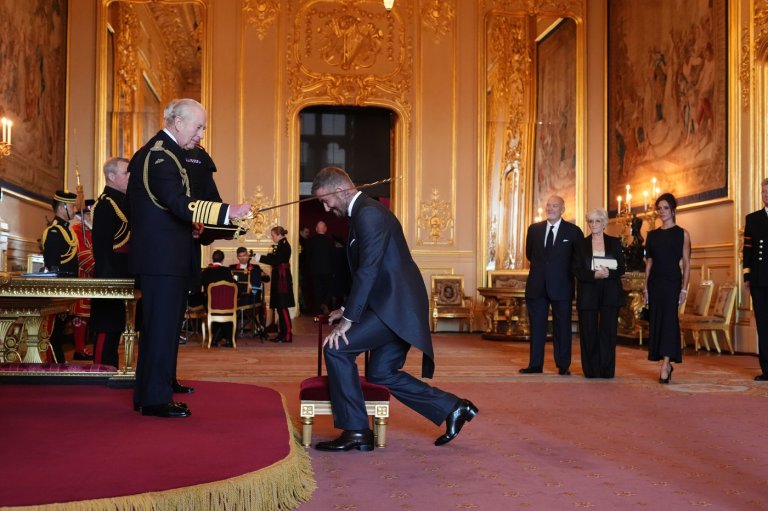Peachland mayor opts to wait for vaccine, ‘bothered’ by volunteers jumping the queue

While being mayor in a Central Okanagan community doesn’t qualify one for an early vaccination, two local mayors have taken different stands on their ability to jump the age queue.
Kelowna Mayor Colin Basran got media attention last week for getting a COVID-19 vaccination that he qualified for as a once-a-week volunteer at Kelowna General Hospital’s coffee shop.
READ MORE: Kelowna mayor gets early vaccination for working in hospital coffee shop
That triggered a public response from Peachland Mayor Cindy Fortin who, a couple of weeks prior, had received a letter from the provincial government inviting her to make an appointment for a vaccination because she is identified as “clinically extremely vulnerable.”
She received that letter before Basran’s vaccination became public but spoke out about it afterwards.
“I was just a little concerned because there was a thing about someone else getting it and I didn’t think that was a serious enough reason to jump the queue, but I won’t go into who that was,” Fortin told iNFOnews.ca, April 13.
While she didn’t name Basran as the person she was referring to, it’s clear who she meant.
“I know there are a lot of people out there who were very anxious to get their immunizations but still hadn’t reached the age group and had serious health conditions so it did bother me a bit when I heard of some people that just spent a little bit of time volunteering and they’re getting it ahead of others that are absolutely in a panic, worried,” she said.
Basran, 43, qualified along with hundreds of others who volunteer four hours a week with the Kelowna General Hospital Foundation. He, and others, come into contact with patients and front line workers so were deemed worthy of getting the vaccine earlier than if they just went by their age cohort. Basran has volunteered in the foundation's coffee shop Thursday mornings for more than a year.
Fortin qualified because of a medical condition that health authorities think makes her more likely to have “serious illness” from COVID-19.
Letters like hers were sent to people who have “certain health conditions or who have recently been taking certain medications or treatments,” saying they can book appointments.
Fortin said she didn’t understand why she got such a letter as she does not have a serious medical condition.
“I have the odd thing but nothing that’s extreme,” she said. “I don’t know (why I got the letter). That’s why I thought later, maybe I shouldn’t have said anything because people are going to think I’m sick but I’m not.”
After further discussion, she did speculate that she may have qualified because of a medication she is taking for what she considers a minor problem.
But, she knows other people in Peachland who have much more serious medical issues. She can’t understand why they’ve not received similar letters.
There is a long list of medical conditions and medications that qualify people as critically extremely vulnerable. Details can be seen here.
To contact a reporter for this story, email Rob Munro or call 250-808-0143 or email the editor. You can also submitphotos, videos or news tips to the newsroom and be entered to win a monthly prize draw.
We welcome your comments and opinions on our stories but play nice. We won't censor or delete comments unless they contain off-topic statements or links, unnecessary vulgarity, false facts, spam or obviously fake profiles. If you have any concerns about what you see in comments, email the editor in the link above.
Join the Conversation!
Want to share your thoughts, add context, or connect with others in your community?
You must be logged in to post a comment.


















